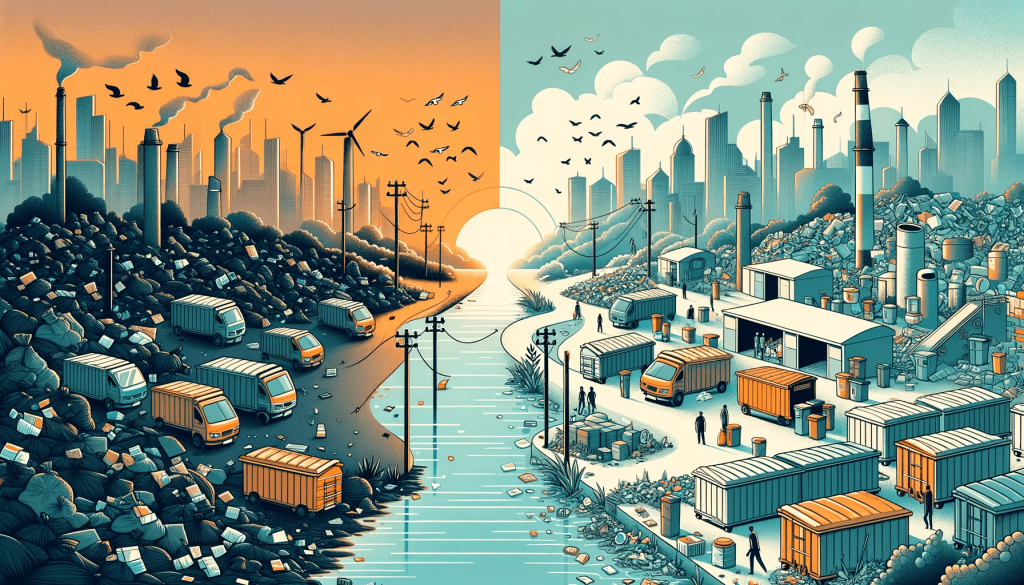
India’s escalating urbanization and population growth pose significant challenges in managing Municipal Solid Waste (MSW). This critical environmental issue, driven by increasing waste from residential, commercial, and institutional sources, calls for sustainable and effective management strategies. This article delves into the composition and sources of MSW in India, examining the hurdles and exploring initiatives for better waste management.
Understanding MSW in India
Municipal Solid Waste in India includes diverse materials from various sources, like household waste, paper, plastics, and more. The composition of MSW varies based on lifestyle, economic factors, and local policies, reflecting the complexity of waste management in different regions.
Confronting MSW Management Challenges
India’s MSW management faces hurdles like inefficient collection, non-segregated waste, and limited public awareness. The CPCB reports that Indian cities produce an enormous amount of MSW daily, a figure expected to grow with urbanization. These challenges necessitate innovative and robust waste management solutions.
Effective MSW Management Strategies
Key to managing MSW effectively is segregation at the source, separating waste into categories for better processing. Various Indian cities are adopting this practice, aiming to improve MSW management efficiency.
Integrated Waste Management
This approach combines several waste processing methods, such as composting, recycling, and energy recovery, reducing landfill use and environmental impact.
Public-Private Partnerships (PPPs)
PPPs bring together municipal bodies and private entities, enhancing waste management through shared expertise, technology, and investment.
Community Involvement
Successful waste management hinges on community participation. Educational programs and incentives for recycling can promote responsible waste practices.
Policy Support
Indian government policies like the Solid Waste Management Rules, 2016, regulate MSW management, emphasizing decentralized handling and waste-to-energy technologies.
Looking Ahead
For India to effectively tackle MSW challenges, a multi-faceted approach is required. This involves upgrading waste management infrastructure, investing in waste-to-energy research, and societal commitment to minimizing waste. Updating regulatory frameworks is also crucial in supporting these efforts.
As India evolves, integrating innovative technologies and sustainable practices in MSW management will be key to a cleaner, more sustainable future. Emphasizing waste reduction, recycling, and energy recovery can turn waste management challenges into opportunities for environmental and economic progress.





 Our specialty focus areas include
Our specialty focus areas include




